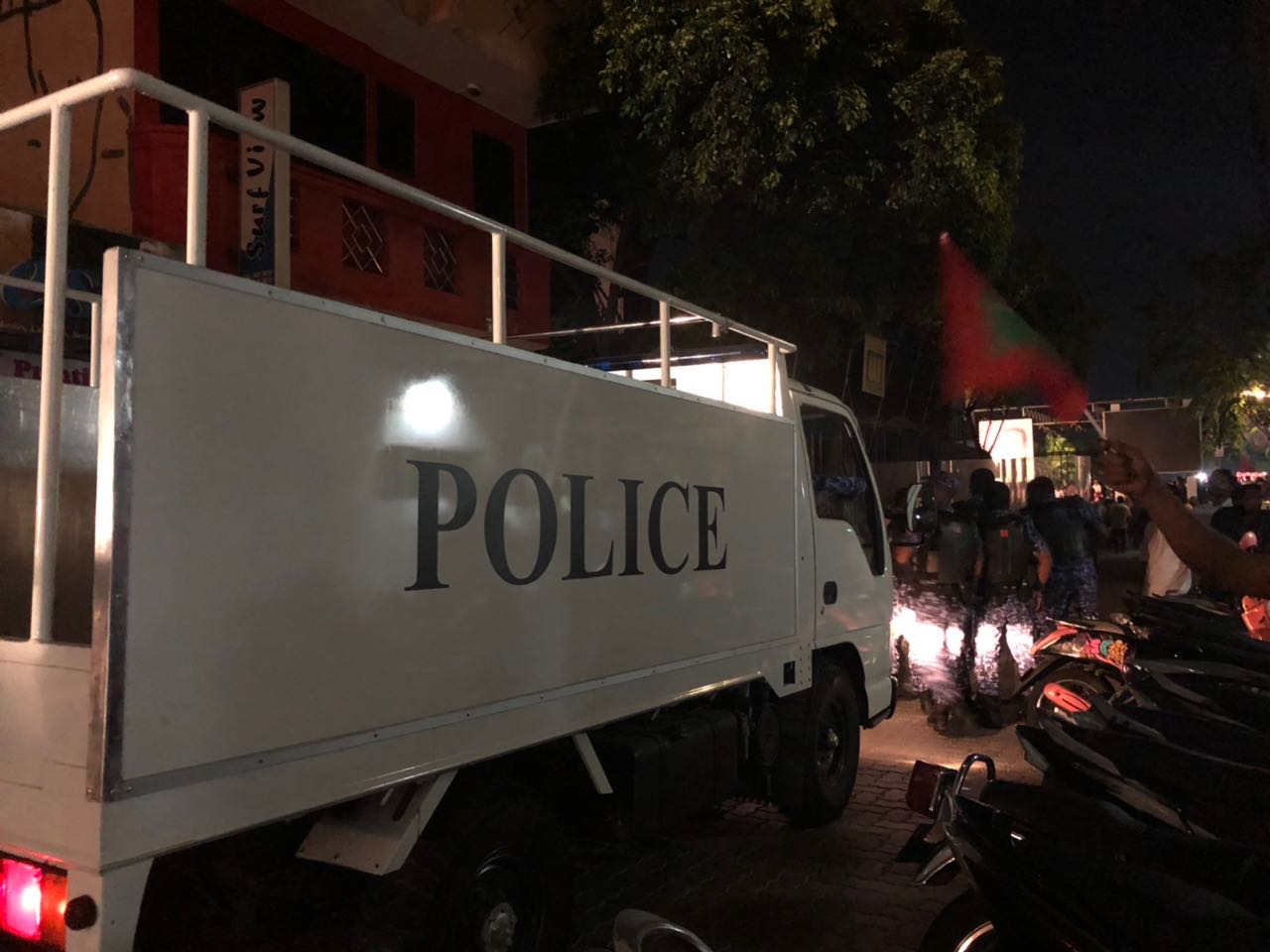UK updates Maldives travel advice after clashes
The Foreign and Commonwealth Office, which last updated its advice over a terror threat, said political protests and demonstrations often took place in Malé and that some led to violence and arrests.

02 Feb 2018, 09:00
The UK on Friday updated its travel advice for the Maldives after violent clashes in the capital, urging holidaymakers to exercise caution in the troubled honeymoon destination.
Special Ops used teargas to disperse opposition supporters celebrating the imminent release of political leaders, including former president Mohamed Nasheed, following a shock Supreme Court ruling Thursday night.
Officers with riot shields on one of Malé’s main roads told people not to take part in any protests and asked everyone to immediately leave.
Reporters from the Maldives Independent witnessed people being manhandled to the floor before being arrested and led away. They also saw around a dozen canisters of teargas thrown towards protesters.
Become a member
Get full access to our archive and personalise your experience.
Already a member?
Discussion
No comments yet. Be the first to share your thoughts!
No comments yet. Be the first to join the conversation!
Join the Conversation
Sign in to share your thoughts under an alias and take part in the discussion. Independent journalism thrives on open, respectful debate — your voice matters.




